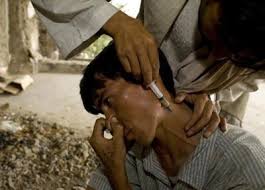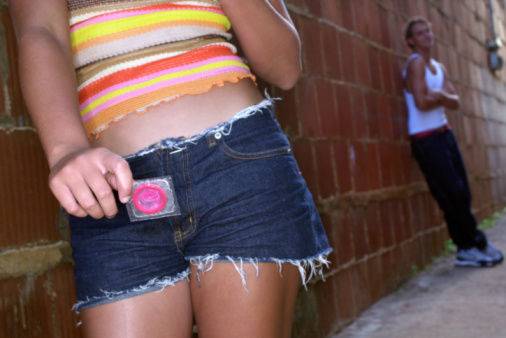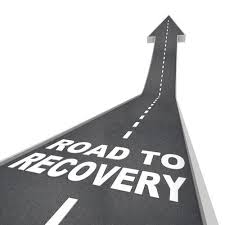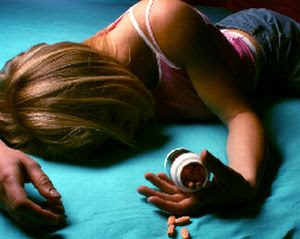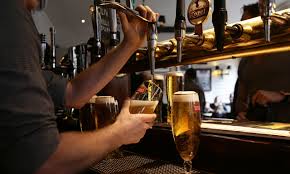Adolescent addiction did you contribute
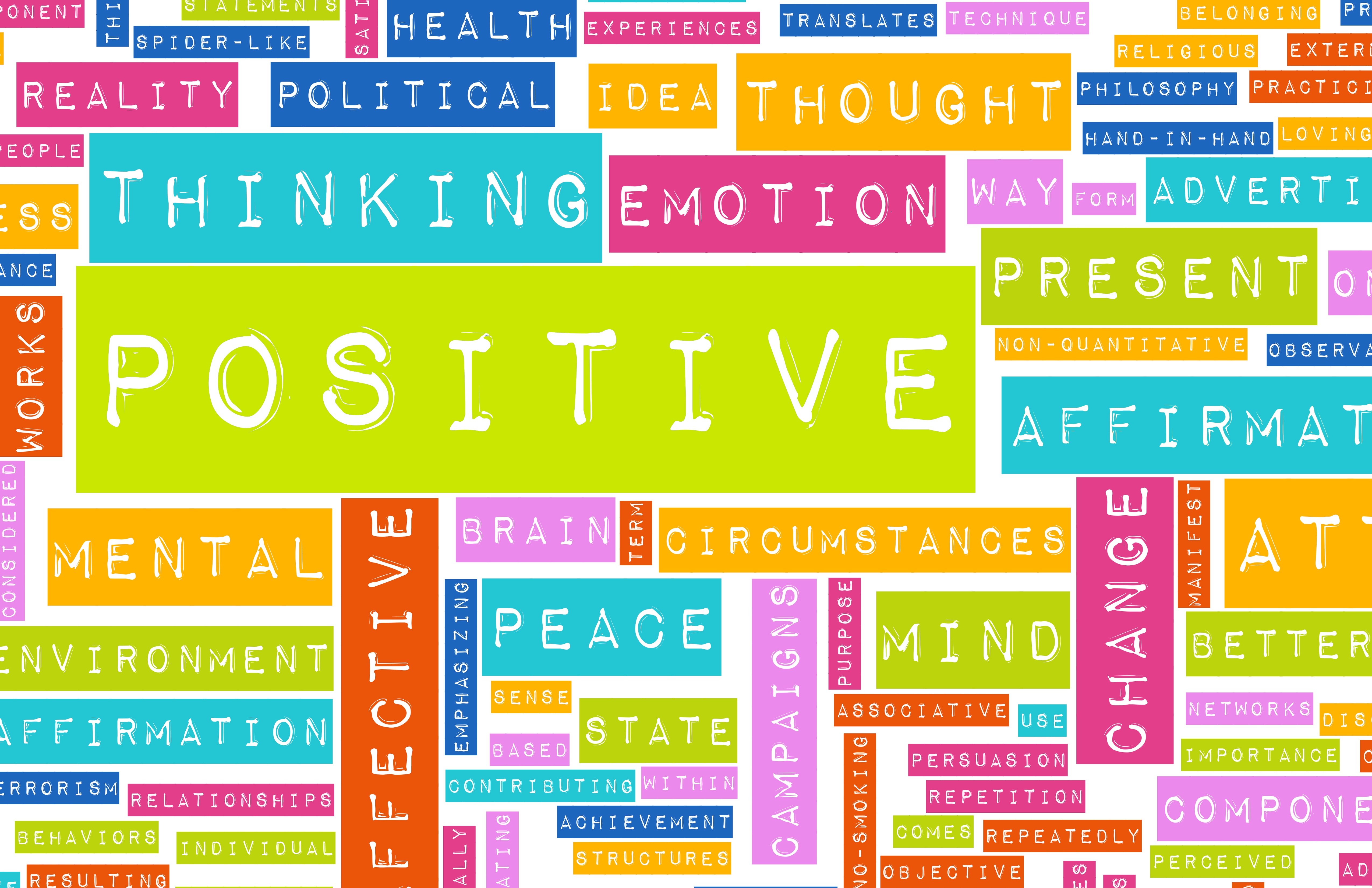
Adolescent addiction did you contribute? Irrespective of how you respond consider residential addiction treatment for your loved ones
Adolescent addiction did you contribute: I would have learnt to listen?
Listening is very important not just in the prevention of adolescent addiction but in all matters of health and beyond. Experts from AWAREmed Health and Wellness Resource Center under the able leadership of doctor Dalal Akoury MD, says that listening is always the very first thing we must all chose to do. Listen to your children when they speak to us. Many times we often brash off what they say arguing that an addict doesn’t have anything worth listening to. Like in this case of doctor’s client, she says her son told her that there was nothing she could do to fix his problem. As a parent when you are told this, you may dispute it right away after all it is your duty to fix your children’s issues. Listening is very important because if she had done so, she would have sought the services of a professional. No addiction can be treated if the addict is in denial, and denial is one thing that only the addict can fix. So when this boy alluded to the fact that nothing could be done in his case, someone needed to have listen.
Adolescent addiction did you contribute: Listening is not seeking for answers
Professional advice are very important, parents must listen to them and apply their guidelines to the letter. It is very important to note that listening is different from looking for answers. Getting answers to questions or “what to do” solutions assume that there is a single answer or methodology that will awaken not just you but also your addicted loved one from this nightmare.
Another lesson we would be learning to listen to your own internal with what you are told by your son. Take time and evaluate in this order; what have you heard, what do you feel and why are you being scared? Any emotional reactions you may have will be as a result of all your unresolved internal struggles.
Finally, from this question, you can also pick this lesion as a parent. It is necessary that you learn to listen to your heart and your mind. Take time to reconcile what the two are saying. Like for instance your heart will tell you that where there is life, there is always hope. It allows you to love someone even if their actions may seem to be communicating otherwise. On the other hand your mind will speak the realities of life and tell you facts about drug addiction. It is important to appreciate those matters of the heart and the mind is not about winning or losing the argument. Your heart and your mind must be reconciled to work together in unity.
It is possible for your heart to accept that your son may die and in the same way it is also possible for your mind to understand that there may not be an answer for addiction and loving for just today is all you get. With those insights I appreciate that sometimes listening can be very difficult, but if this will help you get help to your children, then if am asked again what I wish I had done differently. Then I will give a straight answer that I wish I had learned how to listen to my children sooner. And now that you are a listening parent schedule for an appointment with doctor Akoury today to listen and apply some of her professional treatment options available for your addicted children.
Adolescent addiction did you contribute: I would have learnt to listen?

